What is Ford Engine Block Guide
Ford engine blocks are integral components of the internal combustion engines produced by Ford Motor Company. These blocks, also known as cylinder blocks, are the main structures that house the engine's cylinders, where the pistons move up and down to generate power. They are designed to withstand the high temperatures and pressures created during the combustion process, making them a critical part of the engine's durability and performance.
Engine blocks come in various configurations, with the most common being inline and V-type designs. Inline blocks have all their cylinders in a single row, resembling a straight line, which offers a simple and compact design. V-type engine blocks, on the other hand, have the cylinders arranged in a V-shape or are split apart, offering a smoother operation with better balance and less vibration. These variations cater to different vehicle applications and engine requirements.
The operation of an engine block is based on the principles of internal combustion. When the fuel-air mixture is compressed within the cylinder, it reaches a critical point where it ignites. This ignition forces the piston down, turning the linear motion into rotational force, which is then transferred through the crankshaft to the transmission and ultimately to the wheels. The block's material composition and manufacturing processes are crucial to ensure longevity, strength, and heat resistance.
For those in the automotive industry, particularly mechanics, engineers, and enthusiasts who work with Ford vehicles or Ford engines, having a reliable source for Ford engine blocks is essential. These components not only determine the engine's power output but also influence fuel efficiency and emissions performance. As such, selecting the right block is a key aspect of engine assembly and maintenance.
Types of Ford Engine Block Guide
Engine blocks come in various types to accommodate the different demands of vehicles on the road today. Here's a closer look at some of the Ford engine block types:
-
Standard Engine Blocks: These are commonly found in everyday vehicles and are designed for general use. They typically have 4 to 6 cylinders and are used in cars, trucks, and SUVs.
-
Performance Engine Blocks: For vehicles that require more power or better durability, there are performance engine blocks with thicker cylinder walls or additional reinforcement. These are often used in high-performance cars or in situations where engines undergo more stress.
-
Heavy-Duty Engine Blocks: These blocks are designed for use in larger vehicles such as commercial trucks or buses. They have more cylinders (often 8 or more), which provides the necessary torque and power for these heavy vehicles.
-
Aluminum Engine Blocks: With a lighter weight than cast iron engine blocks, aluminum blocks are used in some performance vehicles to reduce overall vehicle weight and improve fuel efficiency.
-
Rebuilt Engine Blocks: These are blocks that have been used before but have been remanufactured. They are often more affordable than new blocks and can be used in a range of vehicles from passenger cars to light-duty trucks.
How to choose Ford Engine Block Guide
Choosing the right Ford engine block for your business involves understanding your needs as well as the characteristics of each type of block available. If you're looking for a block that can handle high-performance modifications or you're considering building a custom engine from scratch, a cast iron block might be your best choice due to its strength and durability.
For businesses focusing on offering more modern engines with advanced features such as integrated components or improved fuel economy, an aluminum block may be more appropriate. It's essential to consider factors such as compatibility with existing components, performance requirements, and intended use case—whether it's for a compact car or a heavy-duty truck.
Another consideration is whether you require a block that has been remanufactured or one that is new. Remanufactured blocks have been restored to functioning condition and may offer cost savings with a warranty. New blocks provide peace of mind in terms of quality and longevity but may come at a higher initial investment.
About Ford Engine Block Guide on Alibaba.com
For businesses operating within the automotive industry or those looking to source reliable engine components like Ford engine block guides, Alibaba.com stands out as a premier marketplace. With an expansive selection of engine block guides suitable for a variety of Ford vehicles—from trucks to passenger cars—Alibaba.com connects buyers with suppliers offering products that meet diverse needs.
Alibaba.com simplifies international trade by providing tools that allow buyers to communicate easily with suppliers around the world, ensuring they find precisely what they need for their specific applications. The platform's comprehensive range includes everything from basic stock replacements to specialized performance parts crafted from premium materials.
Moreover, Alibaba.com's commitment to fostering secure transactions through services like Trade Assurance gives businesses peace of mind when purchasing engine block guides in bulk. With its user-friendly interface and mobile accessibility, Alibaba.com empowers businesses to source high-quality components efficiently and economically without compromising on variety or convenience.
Common FAQs for Ford Engine Block Guide
What is the significance of engine blocks in vehicle design?
Engine blocks are a critical component in vehicle design, providing the structural foundation for engine assembly. They must be strong enough to withstand the stresses of internal combustion and also possess good thermal stability to manage engine temperatures.
How do I choose the right engine block material for my business needs?
Selecting the right engine block material depends on your business requirements, such as the expected stresses, need for durability, and environmental conditions the engine will operate in. Materials like cast iron are known for their strength and longevity, while aluminum offers a lightweight option with good thermal conductivity.
What considerations should be made when choosing an engine block for heavy-duty applications?
For heavy-duty applications, it's important to consider a block material that can withstand high levels of heat and pressure without deforming, such as cast iron or high-strength aluminum alloy.
How does a supplier's engine block production capability impact my purchasing decision?
A supplier's engine block production capability is crucial as it affects their ability to meet your business's volume demands while maintaining quality. It's important to assess a supplier's production capacity against your company's needs.
Can engine blocks be customized to fit specific vehicle models or designs?
Yes, many suppliers offer customization options for engine blocks to fit specific vehicle models or designs. It's essential to communicate your requirements clearly to the supplier to ensure compatibility.
What are the advantages of using an engine block with an integrated crankshaft?
An integrated crankshaft offers advantages such as better balance, reduced weight, and often a simpler design. It can also enhance engine performance and fuel efficiency due to its precise machining.
How does the cooling system impact the functionality of an engine block?
The cooling system helps regulate engine temperature by circulating coolant through the engine block. It's vital that the engine block maintains consistent operating temperatures to prevent overheating and potential damage.
Why is it important to consider the type of engine when choosing an engine block?
Considering the type of engine is important because different engine configurations (inline, V-type) and sizes have varying strengths, which can dictate their performance characteristics and suitability for specific vehicles or applications.
What is the significance of having a sleeved or decked block?
Sleeved or decked blocks are designed with additional material around the cylinders to improve durability and allow for easier maintenance. They can extend the life of the engine by providing a fresh surface for piston rings to seal properly.
How do I ensure the quality of the engine block when purchasing from a B2B supplier?
To ensure quality when purchasing from a B2B supplier, look for suppliers who have good ratings and reviews. Consider requesting samples or inspecting the engine blocks before making a bulk purchase.
What are bare engine blocks, and in what situations are they most suitable?
Bare engine blocks are sold without additional components like cylinder heads or crankshafts. They are most suitable for repair or performance upgrades where existing parts can be reused.
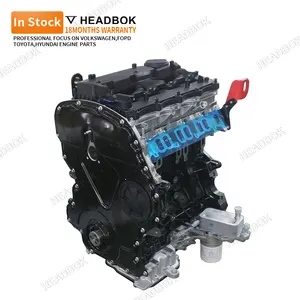



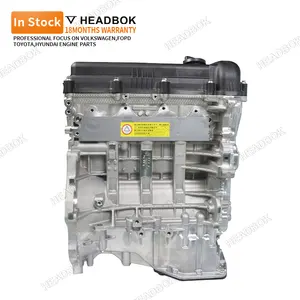



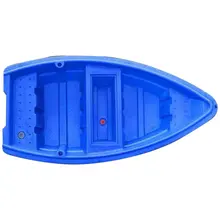
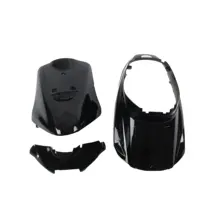
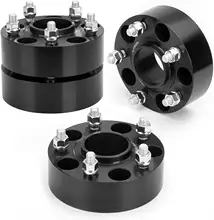
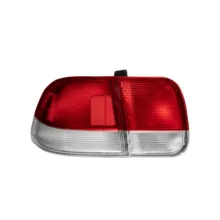
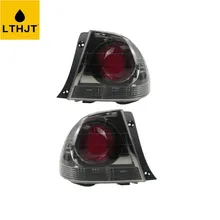



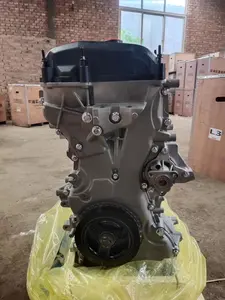

























 浙公网安备 33010002000092号
浙公网安备 33010002000092号 浙B2-20120091-4
浙B2-20120091-4